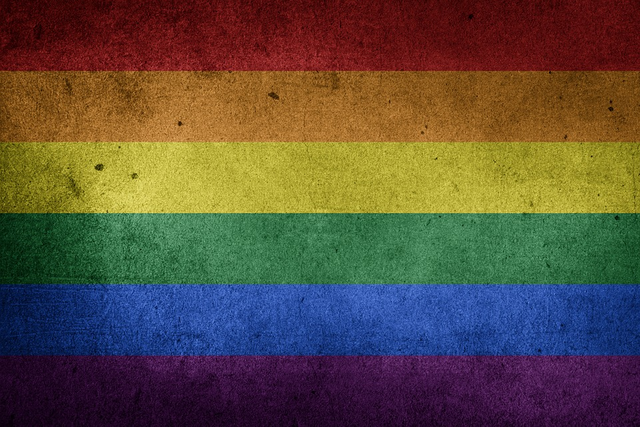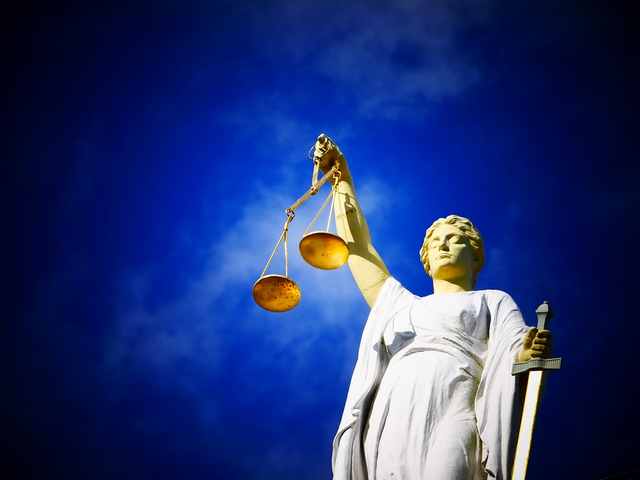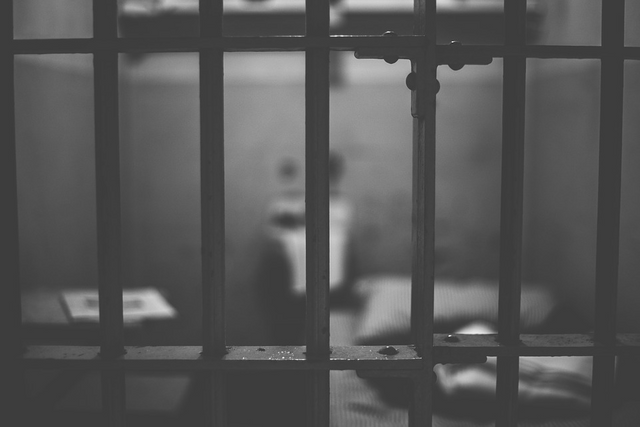Should Homosexuality be Decriminalised in Singapore?

The repeal of Section 377 in India has sparked a debate in Singapore over Section 377A of the Penal Code, which outlaws sex between men, even if it were mutually consensual. Leading the charge to repeal is Johnson Ong, who filed a constitutional challenge against Section 377A.
Ong's belief that abolishing S377A will put an end to the "online assaults, vitriol and abuse" against the LGBTQ community is optimistic at best and naive at worst. Hate will always exist, regardless of whether it is justified by the law. Decriminalisation will do nothing about the attitudes of ardent homophobes; if anything, it will simply harden their stance.
Moreover, decriminalisation does not address the seed from which springs the bitter fruit of hatred. Men who have sex with men are responsible for a disproportionately high rate of STIs versus women and men who have sex with women. Gay and bisexual males made up 2% of the population of the USA, but they accounted for up to 70% of new HIV infections. Further, substance abuse and mental illnesses tend to be more prevalent among the LGBT community than heterosexuals. So long as these issues remain, there will always be people who will continue to view LGBTQ people with suspicion.
Nonetheless, I think S377A should be decriminalised.
Six Reasons for Punishment

What is a crime? The dictionary answer is that is an illegal act. All well and good, but why is that something a crime?
For this post, I'll define a crime as an act that causes harm to a person or persons by depriving them of life, limb or property; causing physical, mental and/or emotional injury; or threatening to do the same.
To be clear, under this definition, it is not enough to temporarily wound someone's feelings to be considered a crime. Simply insulting someone's mother shouldn't warrant punishment, because the hurt feelings will quickly and easily subside. However, deliberately causing lingering emotional trauma, such as PTSD following an assault or anxiety from being stalked, counts.
A crime is, in other words, an act of aggression that deliberately reduces someone's quality of life, thus justifying punishment.
Infogalactic describes six reasons for punishment. They are:
- Deterrence: to deter future criminals from repeating the crime
- Rehabilitation: to help the criminal turn over a new leaf and re-integrate into society
- Incapacitate: to remove dangerous criminals from society
- Reparation: to compel a criminal to recompense his victim(s) for his wrongdoing
- Retribution: to rebalance the injustice a criminal has caused by making him lose something
- Denunciation: to declare the boundaries of moral and immoral behaviour
Keeping the above in mind, we must now ask the following: what harm does a consensual homosexual act cause?
Here I am not referring to the lifestyle or its consequences. I am referring specifically to an act of same-sex sexual intercourse, in the same way the court views an act of theft or robbery during trial.
The answer is none.
If the act is consensual, no disease is transmitted, and the parties involved are satisfied, then no harm is caused to the persons involved.
Without harm, there can be no outlaw to deter, rehabilitate, incapacitate; no harm to be avenged or recompensed for.
What is left is denunciation: an expression of moral disapproval.
This is the primary argument Singaporean Christian groups use to call for the retention of S377A. According to the official statement of the National Council of Churches:
The Bible clearly and categorically prohibits homosexual behaviour because it is a perversion of the way in which God has ordered human sexual relationships. In light of the Biblical teaching on the subject, the Council believes that the homosexual lifestyle is not only harmful for individuals, but also for families and society as a whole.
The repeal of section 377A would result in the normalization and promotion of this lifestyle, which in turn would lead to undesirable moral and social consequences, a slippery slope as seen in some countries taking this step.
While I commend their principled stance, I cannot agree with it.
Singapore is not majority Christian. Christian morality should not be imposed on the body politic. In a secular republic, secular laws must reflect secular and universal values, among which is to do no harm. If an act causes no harm, it should not and cannot be a crime.
I must emphasise that I am speaking specifically of the sexual act and not this nebulously-defined 'lifestyle'. While it is true that homosexuality is defined by same-sex attraction, the sex act itself is not the entirety of the 'homosexual lifestyle' the church alludes to.
A'homosexual lifestyle' that would harm individuals, families and societies is composed of high-risk behaviours: promiscuous sex, unsafe sexual practices and substance abuse. These activities are far beyond the scope of S377A. S377A merely covers the sex act. The act, in of itself, does not necessarily cause harm all the time -- only when practiced as part of a wider spectrum of high-risk behaviours, which again is outside the coverage of S377A.
In the same vein, the slippery slope argument holds little water here. It is true that repeal of laws against homosexual activity led to acceptance of homosexuality, such as in the United States and the United Kingdom. However, it does not necessarily follow that it leads to an acceptance of high-risk behaviours. Health authorities, educators and police still warn about the dangers of promiscuous sex, unsafe sex and substance abuse; and society still views these behaviours are intrinsically dangerous and harmful.
My emphasis on high-risk behaviours is deliberate: these are the behaviours that all peoples of all creeds can understand and identify as harmful, especially when paired with the statistics above. If the church is to reach out to the wider population, it must speak to them in terms they can understand, as Paul did with the Greeks when he spoke of the Unknown God.
Religious groups may argue that S377A represents a moral stance, but its utility has long expired. The government insists that it will not prosecute gays under S377A. The last time someone was charged under S377A was in 2010, and the charge was later altered to committing an obscene act in public. If the government will not enforce the law, there is neither deterrence nor incapacitation, and without these elements, there is no teeth to moral denunciations.
To be sure, the police used to prosecute gay men using S377A. Veterans of the gay scene recounted and continue to recount stories from the 70s to the 90s of how police would hang around gay haunts to arrest gay men.
However, police resources are finite. Instead of using these resources to chase people who have done no harm, they should focus their efforts on more dangerous criminals: robbers, rapists, gangsters, and other street animals who inflict harm on people. This would be a far better use of time, energy and taxpayer funds.
The current government may claim it will not prosecute gays under S377A. But this may not be so for a future government. There is already an established precedent for police prosecution of gays; it is not inconceivable that they may once again be called upon to lay stakeouts at popular gay hangouts. To prevent this from happening, S377A must be repealed.
Decriminalisation is Not Approval

While I have made multiple arguments for decriminalisation, allow me to make this clear:
decriminalisation does not mean approval.
In recognition of the fact that the government has no wish to enforce the law, that the law itself does not deter or punish or dissuade the gay community, repealing S377A frees limited police resources to handle other threats and removes the sword of Damocles hanging over the head of the gay community. It does not grant license to act licentiously.
The Church, of course, is free to continue to recognise homosexuality as a sin. In this case, one can say is a manifestation of the cardinal vice of lust. However, one cannot simply jail the lust out of a man; vice and sin fester in the human heart, and jail time does little to plumb its depths and purge the darkness within. To overcome vice, the church must promote virtue, in this case chastity. Which, indeed, is what the Catholic Church teaches for homosexuals.
When expounding on morality, the Church must do more than just rely on the power of the state. It needs to articulate a strong, clear moral vision, one aligned with both the Bible and the universal power of reason. It needs to bring back the days of Christian philosopher-missionaries, equally comfortable at the pulpit and in the public square.
Repealing an unenforced law will only improve the future quality of life for citizens. Should the Church wish to avoid descending a slippery slope, it must do more than just rely on boilerplate statements and the long arm of the law. It must get involved in the public spaces and reach out to the people.
--

To support my fiction, check out my latest novel HAMMER OF THE WITCHES.
If you'd like to join my mailing list, sign up here.
Yes